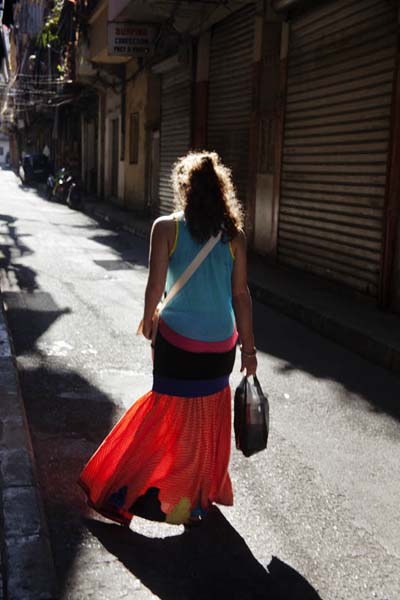[
For my comrades and poetry aficionados: Fawwaz Trabulsi and Mayssun Sukarieh, and for Raza Mir.]
Reading Faiz in Beirut.
Faiz Ahmed Faiz (1911-1984) is one of the greatest Urdu poets of the 20
th century. Born in Sialkot, Punjab, Faiz came of age under colonial rule and in the throes of nationalist anti-colonialism. He joined the British Indian Army; he was an integral part of the Progressive Writers Association. He wrote searing poetry about life, and revolution, taking older poetic forms and forging new idioms that chartered the emotions of socialism. When Pakistan was formed in 1947, Faiz went in two directions: as editor of
Pakistan Times he was central to the creation of democratic mainstream institutions, as a communist intellectual he was part of the formidable attempt to create democratic culture in the new country. Both tasks floundered as Pakistan entered its unforgiving political grammar: the twenty something families that dominate the economy and polity subverted the democratic process by a turn to the Barracks, backed to the hilt by the United States imprisoned in its own Cold War calculus. Faiz went to prison. Pakistan, he wrote, has been ?sold to the neo-imperialist block.? By the 1970s, when the dictatorship of Zia thwarted any democratic possibility, Faiz was put under house arrest. Feigning to go smoke a cigarette, the poet escaped his captor and fled the country. He became the editor of the Afro-Asian magazine,
Lotus, and became a resident in Beirut.


 [Faiz Ahmed Faiz.
[Faiz Ahmed Faiz.